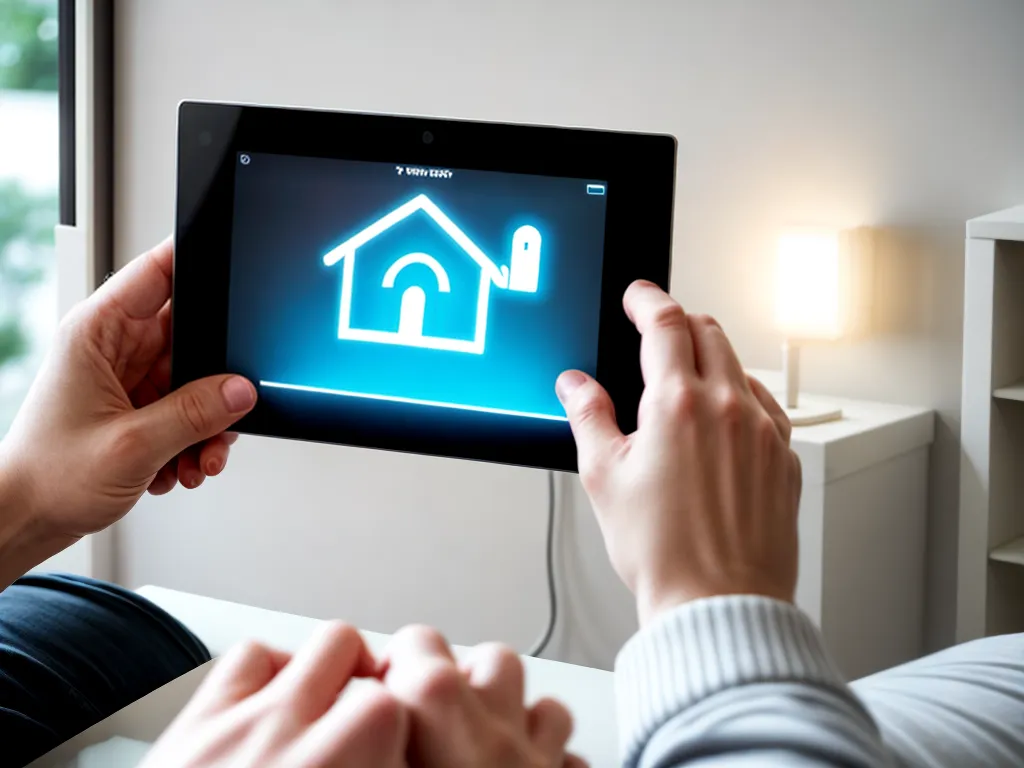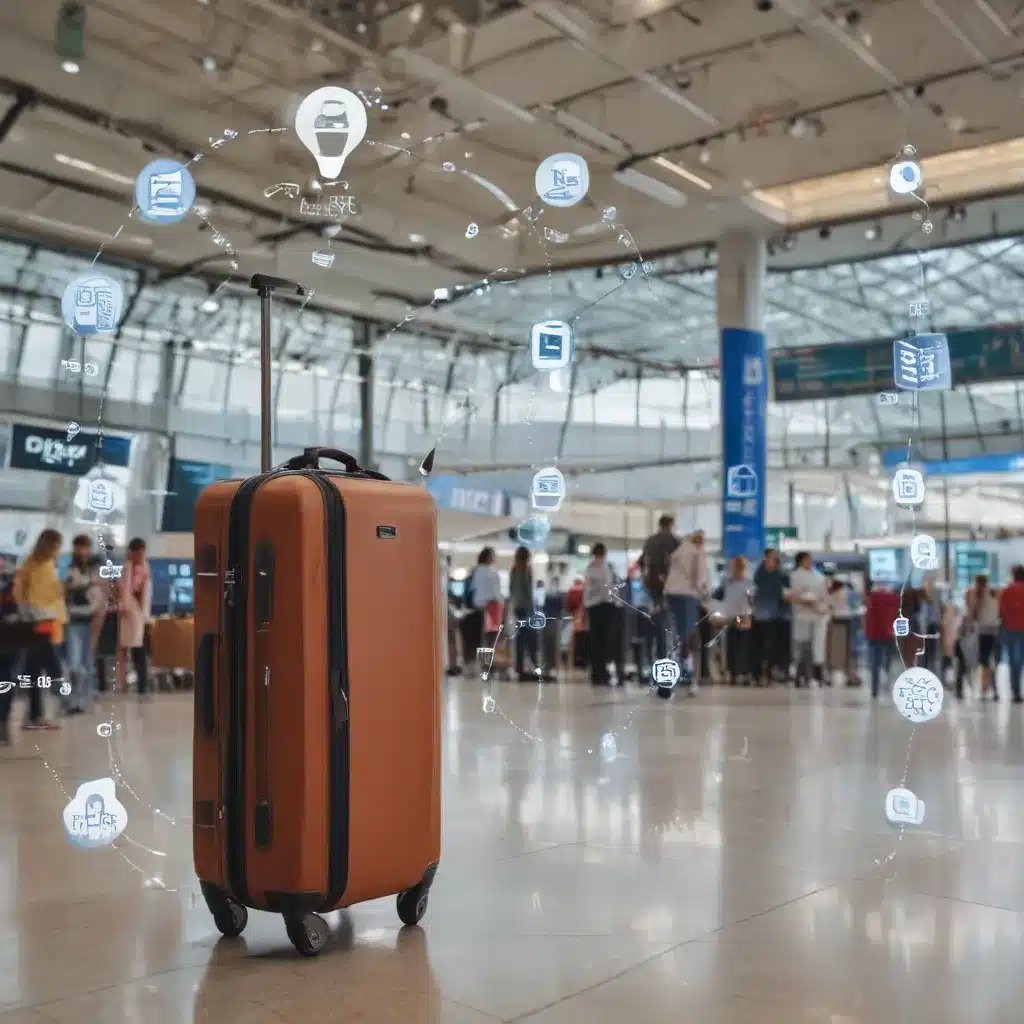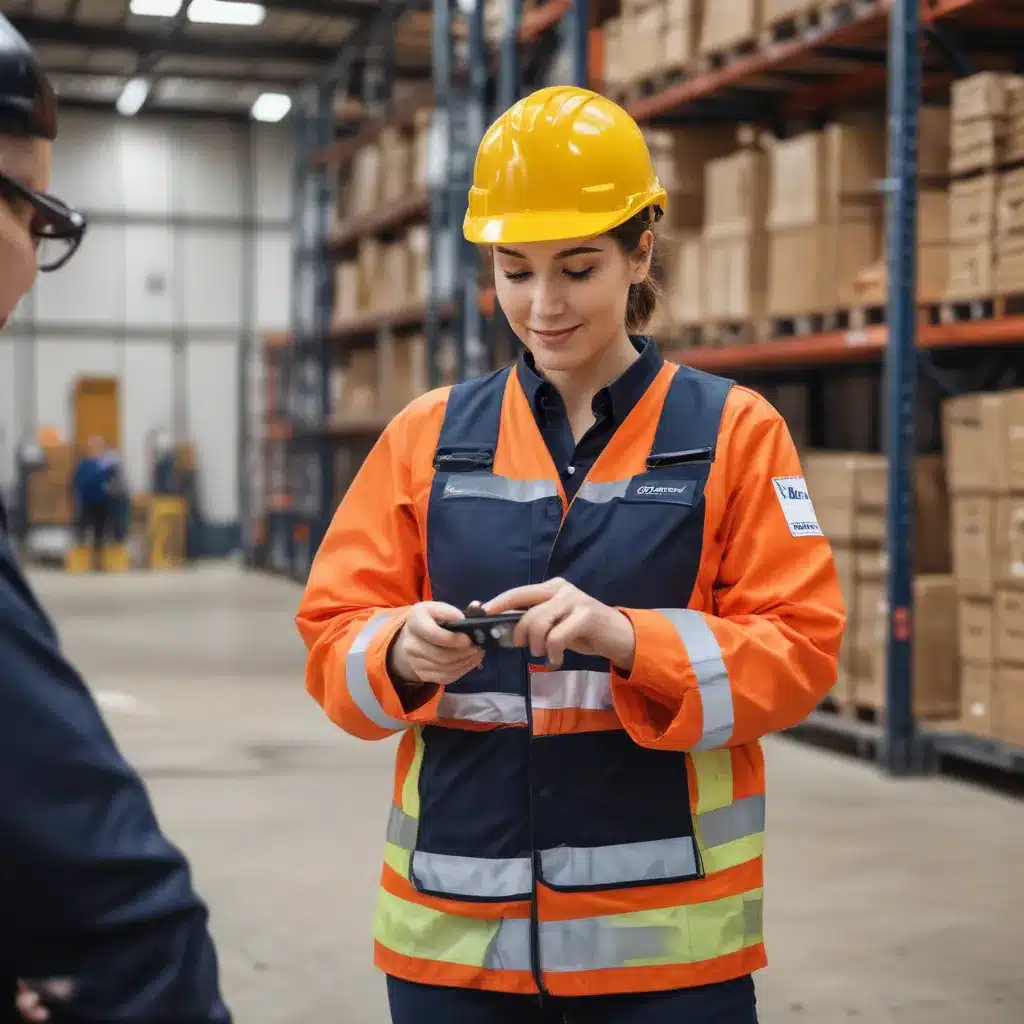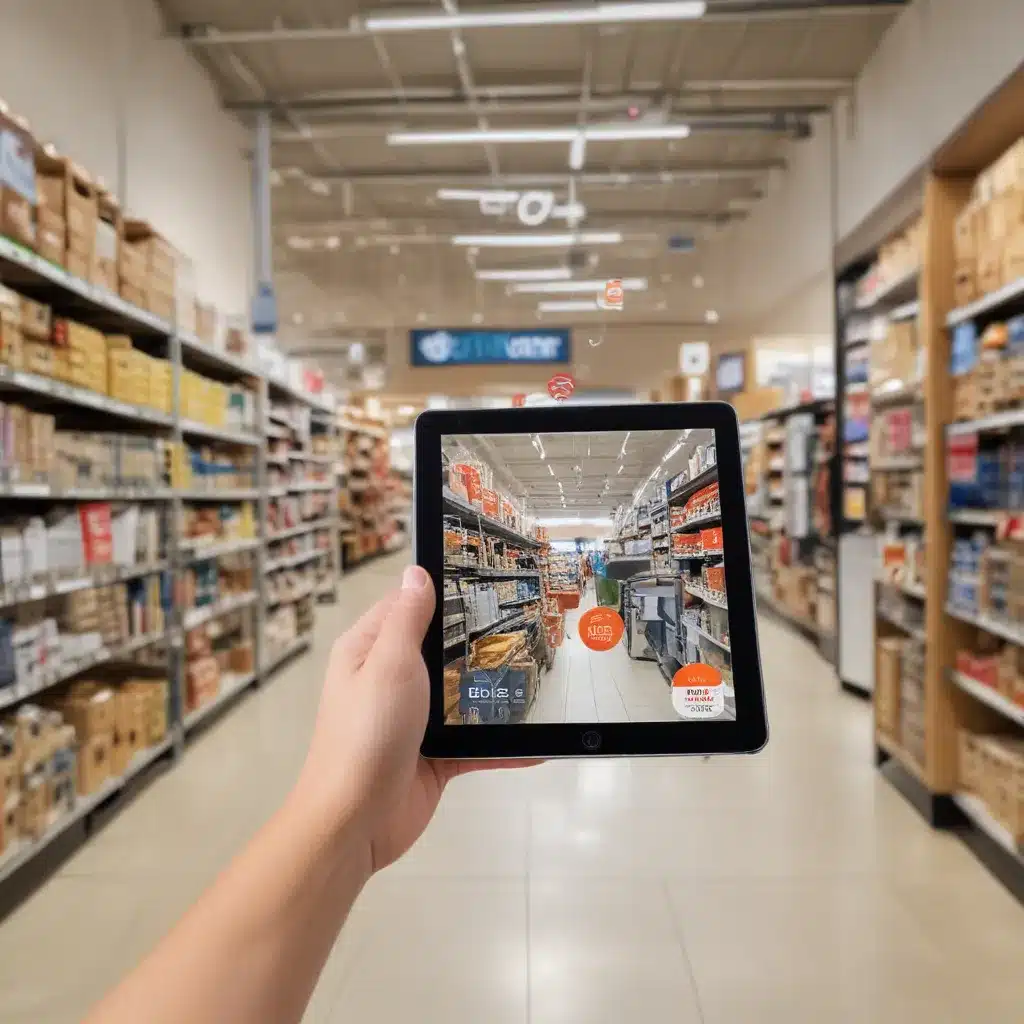Introduction
Smart home devices like smart speakers, security cameras, and smart appliances are becoming increasingly popular. However, these devices also raise privacy concerns over data collection. In this article, I will discuss the privacy risks of smart home devices and data collection.
How Smart Home Devices Collect Data
Smart home devices collect various types of user data:
Audio and Video Data
- Smart speakers with voice assistants like Amazon Alexa and Google Home record and analyze audio data to understand voice commands.
- Smart security cameras record video footage which can capture people’s activities and conversations.
Behavioral Data
- Smart devices track user behaviors and habits. For example, smart thermostats record temperature preferences and schedules.
- Smart appliances like refrigerators can track what food items people buy and consume.
Location Data
- Many smart home devices are geo-located and track users’ location within their homes.
Biometric Data
-
Some smart locks use fingerprint scanning for authentication. Smart watches collect health and fitness data like heart rate.
-
This biometric data is highly personal.
Privacy Risks of Data Collection
The extensive data collection by smart home devices poses several privacy risks:
Data Breaches
- If smart home devices and cloud servers are hacked, intimate behavioral data and conversations can be exposed.
Unwanted Surveillance
- Smart home devices potentially allow constant surveillance of users’ activities within their private homes. This raises privacy issues.
User Profiling
- Tech companies can use behavioral data from smart devices to profile users and infer their habits, preferences, health conditions etc. This raises concerns over user autonomy.
Targeted Advertising
- Behavioral data enables tech firms to target users with customized ads. While convenient, users lose control over how their data is utilized.
External Access
- Police or government can request access to smart home data for investigations. This is still a gray area lacking robust data protection laws.
Data Monetization
- Tech firms like Google and Amazon frequently monetize smart home data by sharing insights with advertisers or other third parties. Users have little visibility into how their data is commercialized.
Protecting Privacy
Users can take certain steps to minimize privacy risks from smart devices:
- Disable microphone access for smart assistants when not in use.
- Position smart cameras to only monitor limited areas and not private spaces.
- Review and limit the data types collected by devices in settings.
- Avoid sharing biometric data like fingerprints with devices. Use PINs instead.
- Use end-to-end encryption for smart device communications where possible.
- Frequently delete recordings and data stored on devices and in the cloud.
However, more robust legal protections are still needed to regulate data collection and retention by smart home providers.
Conclusion
Smart home devices provide great convenience but also pose significant privacy risks from extensive data collection. Users should make informed choices about smart devices and limit data sharing. More data protection regulations are also needed to safeguard consumer privacy in the smart home ecosystem.












